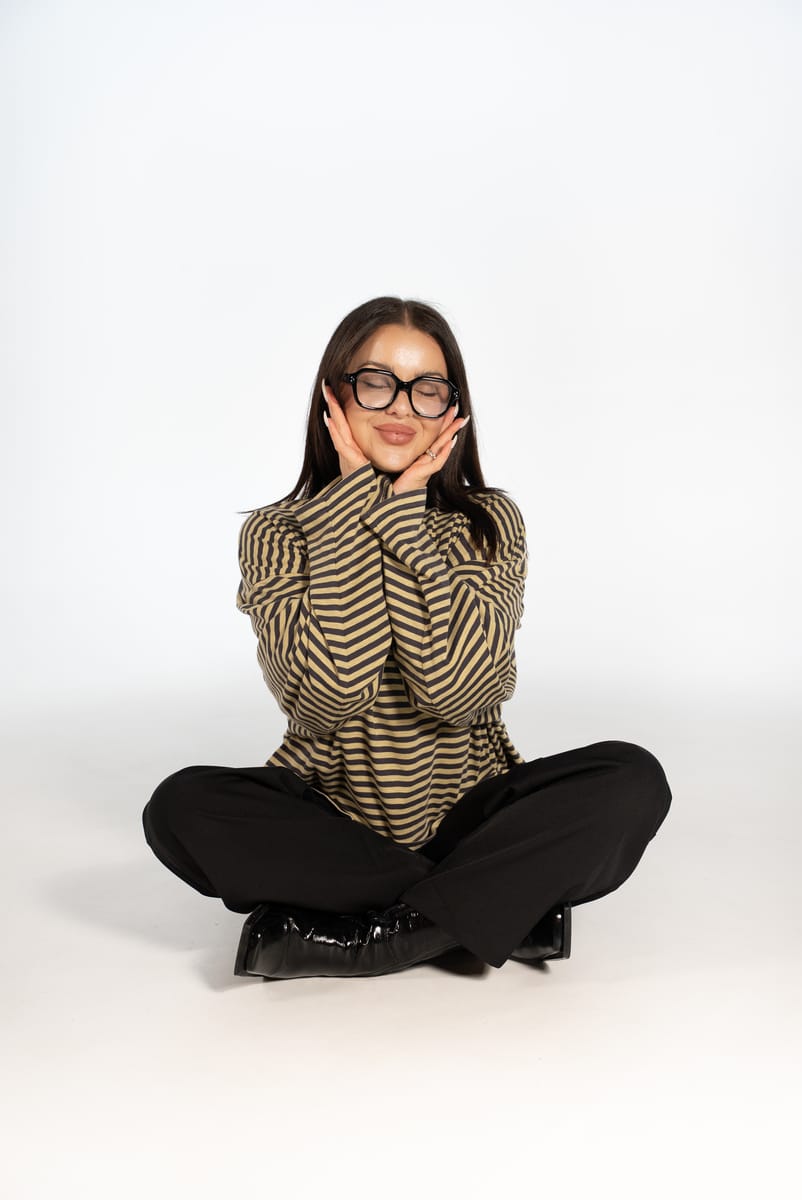
As the Supreme Court hears the TikTok ban case, the question looms—what’s more important: freedom of speech or national security? Whatever the court’s decision, the outcome has the potential to shape the digital landscape for years to come.
Soooo, maybe TikTok should be banned?
Hear me out.
I’m going to, for a second, be that toxic dude at the bar and play devil’s advocate.
Because this case is about way more than your next viral challenge.
It’s a high-stakes drama starring free speech and national security, with billions of swipes, scrolls, and US dollars on the line.
And TikTok’s ties to China have more than a few people in Washington sweating.
The concerns aren’t without merit. TikTok collects vast amounts of user data, from location tracking to browsing habits. It’s the kind of information that’s catnip for anyone looking to influence public opinion or engage in less-than-savoury activities.
The FBI and other agencies have flagged these risks, prompting calls for an outright ban.
And yet, many argue that pulling the plug on TikTok would amount to censorship on an unprecedented scale.
Begging the question, what’s more important? The first amendment? Or national security?
The First Amendment has always been America’s ride-or-die benchmark for free speech, but TikTok is throwing a wrench in the gears.
Is a platform owned by a foreign company still protected, or does national security get to call the shots?
Turns out, the US Constitution didn’t come with a “How to Handle Viral Dance Apps” appendix.
Proponents of the ban argue that the government has a duty to protect its citizens from potential threats, even if that means restricting access to a platform. Opponents, meanwhile, see this as a slippery slope.
If TikTok can be banned today, what’s to stop the government from targeting other platforms tomorrow? At what point does national security outweigh the fundamental right to free expression?
The TikTok case underscores the increasingly murky relationship between tech giants and government policy.
Is this about safeguarding democracy? Or is it just a power struggle between tech overlords and politicians trying to play digital chess?
Spoiler: It’s probably both.
And here we thought the biggest battle on TikTok was between Gen Z and Millennials over skinny jeans and side parts.
The rise of platforms like TikTok has shifted the balance of power, putting immense influence in the hands of private companies.
Social media apps now act as digital town squares, wielding power over public discourse in ways that even the Founding Fathers couldn’t have anticipated.
Any reasonable person paying attention could comment on the amount of political influence both Musk and Zuck currently wield.
The TikTok case could set a precedent for how far the government can go in regulating these platforms, especially when foreign ownership is involved.
Now, for the millions of creators whose livelihoods hinge on TikTok.
Obviously, a ban could leave countless influencers scrambling to rebuild their audiences elsewhere, with no guarantee of success.
While most headlines scream “Save the Creators!” we’ve got to admit, the concerns around TikTok aren’t completely unhinged. The idea of a foreign government having a backdoor into our personal data isn’t exactly comforting, even if it’s just to figure out our favourite lip-sync tracks.
Whether TikTok survives the Supreme Court showdown or becomes a cautionary tale, the case forces us to grapple with some big questions.
What does free speech look like in an era dominated by private platforms?
Can we trust tech companies to prioritise user privacy over profits?
And perhaps most unsettling: does the public truly have any sway? Or are these decisions ultimately made in backroom deals between the tech overlords and the Oval Office?
The answers aren’t simple. But one thing’s clear: this case isn’t just about TikTok.
It’s about the future of how we define free speech, national security, and the platforms we spend way too much time on.
Whether you’re a TikTok stan, a wary parent, or someone who still doesn’t know what “rizz” means, stay tuned. The decisions made in this case could shape the digital landscape for years to come.
And, hey, if TikTok does go dark, maybe you can finally get around to reading that book you’ve been ignoring since Christmas.
-Sophie, Writer
Not going viral yet?
We get it. Creating content that does numbers is harder than it looks.
But doing those big numbers is the fastest way to grow your brand.
So if you’re tired of throwing sh*t at the wall and seeing what sticks, you’re in luck.
Because making our clients go viral is kinda what we do every single day.
